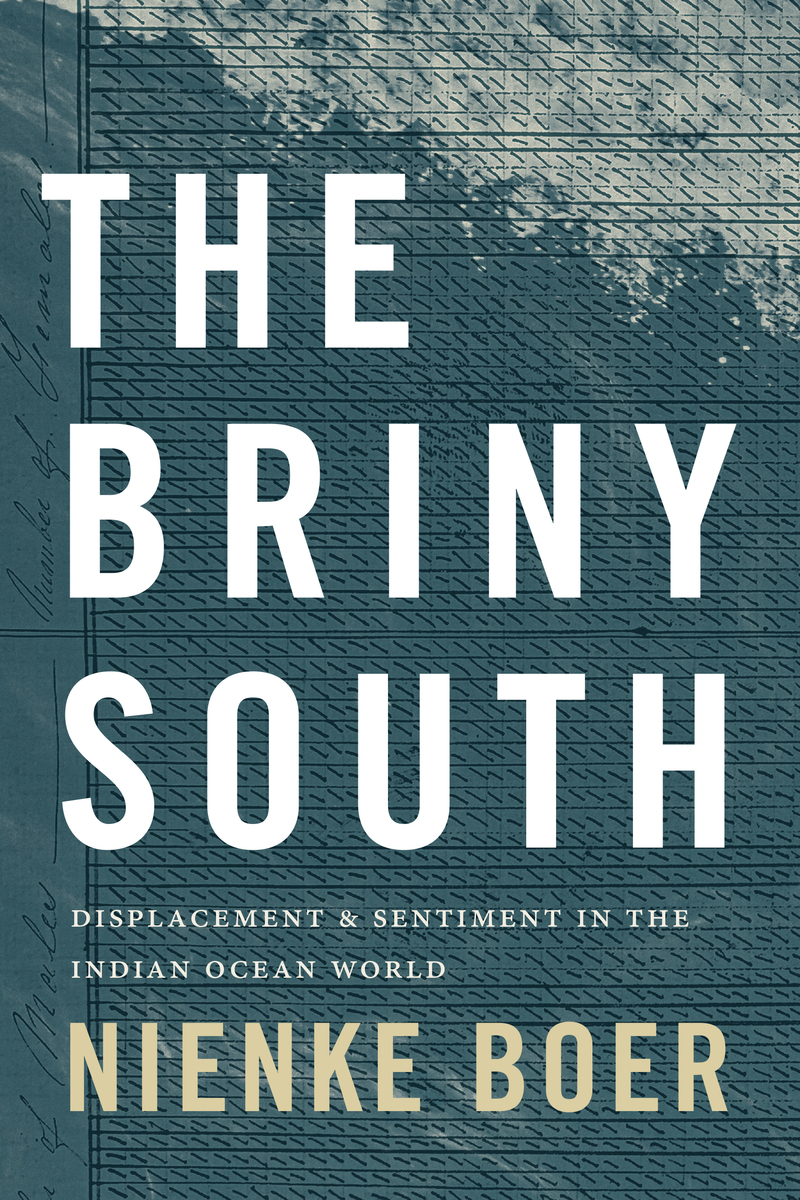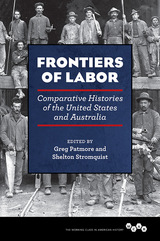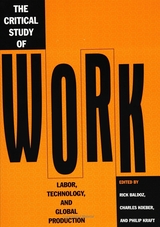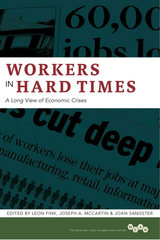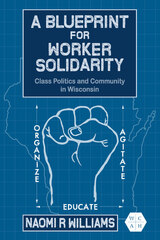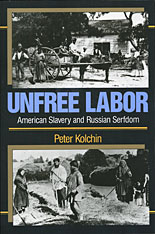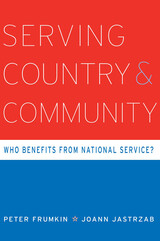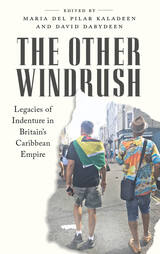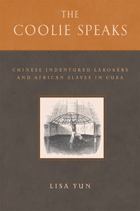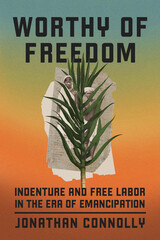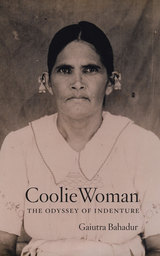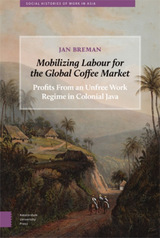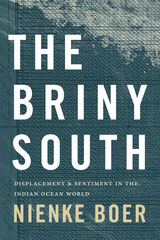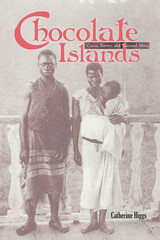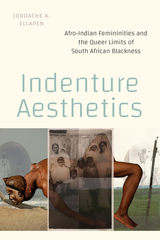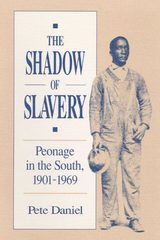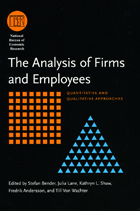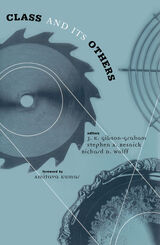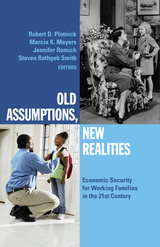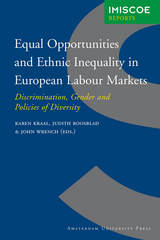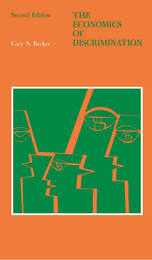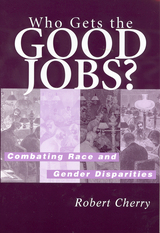The Briny South: Displacement and Sentiment in the Indian Ocean World
Duke University Press, 2023
Cloth: 978-1-4780-1691-5 | Paper: 978-1-4780-1955-8 | eISBN: 978-1-4780-2420-0 (standard)
Library of Congress Classification HD4875.I55B64 2023
See other books on: Displacement | East | Indian Ocean Region | Netherlands | Sentiment
See other titles from Duke University Press
Cloth: 978-1-4780-1691-5 | Paper: 978-1-4780-1955-8 | eISBN: 978-1-4780-2420-0 (standard)
Library of Congress Classification HD4875.I55B64 2023
ABOUT THIS BOOK | AUTHOR BIOGRAPHY | REVIEWS | TOC | REQUEST ACCESSIBLE FILE
ABOUT THIS BOOK
In The Briny South Nienke Boer examines the legal and literary narratives of enslaved, indentured, and imprisoned individuals crossing the Indian Ocean to analyze the formation of racialized identities in the imperial world. Drawing on court records, ledgers, pamphlets, censors’ reports, newsletters, folk songs, memoirs, and South African and South Asian works of fiction and autobiography, Boer theorizes the role of sentiment and the depiction of emotions in the construction of identities of displaced peoples across the Indian Ocean. From Dutch East India Company rule in the seventeenth and eighteenth centuries to early apartheid South Africa, Boer shows how colonial powers and settler states mediated and manipulated subaltern expressions of emotion as a way to silence racialized subjects and portray them as inarticulately suffering. In this way, sentiment operated in favor of the powerful rather than as an oppositional weapon of the subaltern. By tracing the entwinement of displacement, race, and sentiment, Boer frames the Indian Ocean as a site of subjectification with a long history of transnational connection—and exploitation.
See other books on: Displacement | East | Indian Ocean Region | Netherlands | Sentiment
See other titles from Duke University Press
